
DEVELOPMENT
02-02-2021 by Freddie del Curatolo
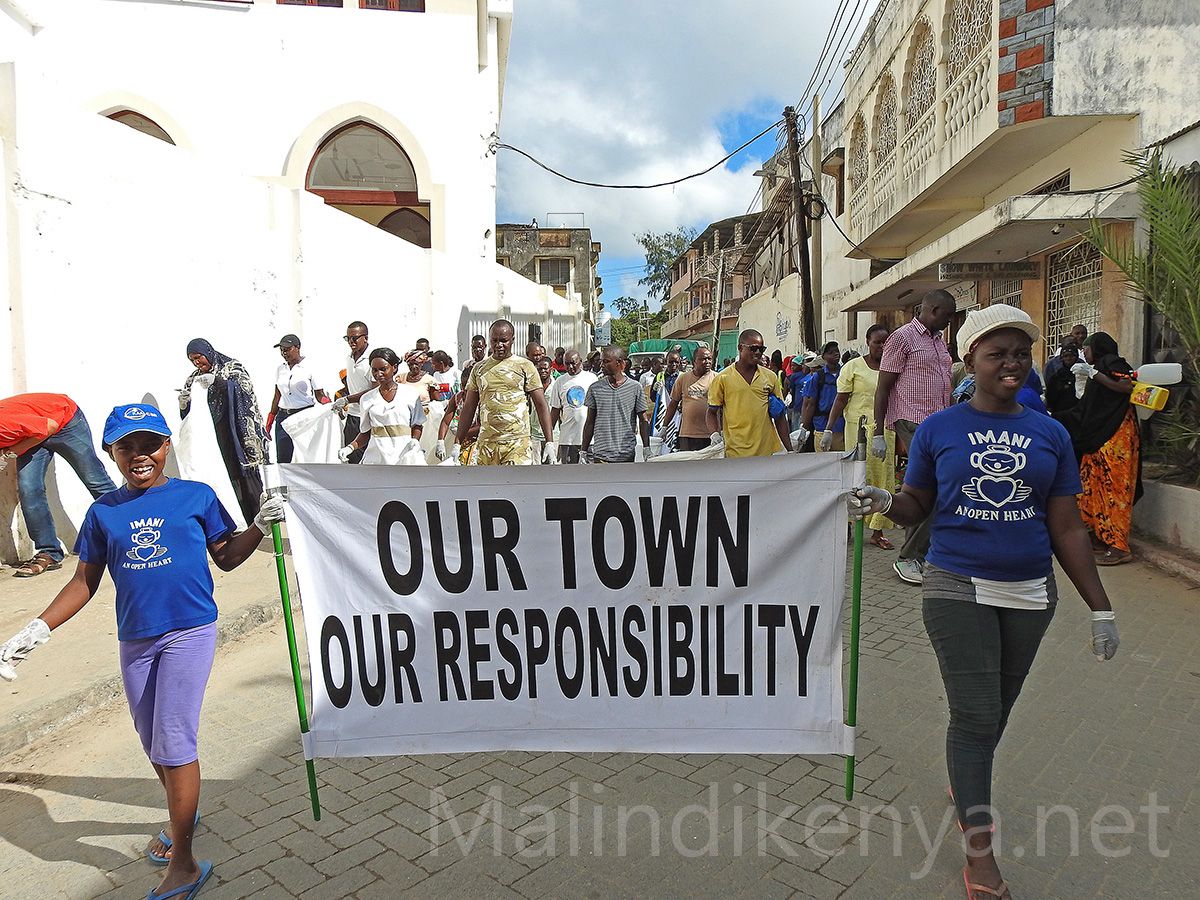
The declared objective of the Malindi Green And Blue movement since its formation in 2019, is to make the resort an eco-destination for not only holiday, but also residential and business tourism. A possibility that can identify Malindi as a pole of attraction, and give it back the identity that it had already earned after Kenya's Independence, when in a few years it was considered a pearl immersed in nature, history and the relaxation of a life on a human scale, up to the point of earning the title of "Green Town" of Kenya for a few consecutive years at the turn of the 1990s and the new Millennium.
Today, the situation has changed, with the country growing in many areas that, in addition to the progress and economic well-being of more people, bring with them a number of issues related to so-called "sustainable growth", including traffic, waste disposal and, in the near future, pollution.
Working now to transform Malindi into an ecotourism destination means improving its liveability and laying the foundations for a sustainable improvement in the lives of all, including economically.
Let's see in detail what could be the 10 points that would allow Malindi to become an eco-destination.
1. SEPARATE COLLECTION OF RUBBISH
The first step for a town that wants to set an example in terms of sustainability is to work on the rubbish produced. Before thinking about disposal and recycling, Malindi must be equipped with bins already set up for separate waste collection. At the same time, we need to start a campaign in schools, places of worship and meeting places to promote culture and information on how to separate the various types of waste.
2. ECO-DISPOSAL
The current landfill (Dumpsite) in Malindi, located on the Mayungu road, is as unsustainable as it gets. There is no fence, no control of who is dumping waste and often the rubbish is burnt indiscriminately, producing toxic fumes. Institutions have been working for some time to hasten the work required by a law already in force.
3. PLASTIC RECYCLING PLANT
Once the intelligent collection of waste has been activated and the accessibility and ecological safety of the dump have been improved, it is possible to think of an eco-sustainable plastic recycling plant, along the lines of what is already happening in Watamu with Ecoworld, but obviously on a large scale and in an institutionalised manner. Recycling plastic is not only important in itself, but also because it allows those who collect it to sell it to the plant, earning enough to live on. This creates a virtuous circle whereby jobs are created and the city is cleaned up at the same time, virtually free of charge.
4. DAILY WASTE COLLECTION
Obviously, collecting and recycling plastic is not enough to make a city clean and healthy. Institutions or companies that have a concession to collect and transport all the waste to the disposal centres must do their duty and provide the means and people to collect it on a daily basis and empty the bins continuously. This is an absolute priority.
5. BAN ON THE SALE OF DISPOSABLE PLASTIC
Hotels, restaurants and public activities must cooperate because they will be the first to benefit from an eco-destination. Therefore it is easy to enforce a ban on the sale of single-use plastics (which are currently only banned in marine reserve beaches and nature parks) in hotels and other activities. Only household plastics will have to be collected for recycling, in addition of course to commercial plastics and hard plastics (jerry cans, etc...).
6. CLOSURE OF THE CENTRE TO HEAVY GOODS VEHICLES
It is logical that an eco-destination must also think about reducing carbon emissions, thus limiting traffic, especially of heavy and more polluting vehicles. In the case of Malindi, the new bypass road linking Malindi-Mombasa at the BP station on the northern outskirts of Kwandomo may be useful. But it is not enough, we must from there create the conditions for all transport vehicles to be banned from entering the centre. In this way, among other things, we can think of a new urban design, not for a 'commercial street', but for a tourist town. Including pavements, flower beds and gardens.
7. ESTABLISHING PEDESTRIAN ZONES
In the project financed by the World Bank, Tuva Road, which starts at the Roundabout and ends at the Alaskan camp, was designed as a pedestrian zone with no motorized vehicles and full of shops and markets. At present, it has only been paved, but nothing of what was envisaged in the street furniture project has been implemented. Malindi needs more such areas, including the seafront, completely barred to petrol vehicles and with access only for electric tuktuks and bicycles. Areas in which exhibitors, markets and street-food can create the local economy and at the same time become places of attraction and meeting, "postcards" for visiting the town.
8. OBLIGATION TO CLEAN THEIR SPACES
In an environmentally sustainable destination, owners of any business, shop, factory, condominium or private house, should always keep the area in front of and around their property clean. This should actually be done all the time, as early as "yesterday", as the Malindi Green And Blue movement has been trying to instil in citizens during monthly Clean Up events.
9. PLANTING, CONSERVATION AND GREEN AREAS
One cannot think of an ecotourism destination without new green areas. Malindi is already helped by the lushness of its nature, the palm trees and colourful bougainvillea growing by the roadside, the many varieties of tropical plants and the wonderful baobab trees, symbols of the African coast.
But we need to work steadily to preserve this beauty, which is often set aside and defaced to make way for buildings, roads and construction projects that could be environmentally friendly if an environmentally oriented urban plan and municipal regulations prohibited unrestrained development. Planting new trees and maintaining existing green areas, creating new spaces and preserving historical plants is the least that should be done.
10. ADEQUATE MARKETING TO LAUNCH THE DESTINATION
After implementing the previous points, and only then, you will have to think about launching the eco-destination with a precise and shared idea of identification and promotion and an assiduous presence on social networks, engaging influencers, storytellers and proposing motives and ideas for articles and video reports. Malindi could become not only the first eco-destination in East Africa, but open the door to an improvement that could go hand in hand with the economic growth of the entire population.
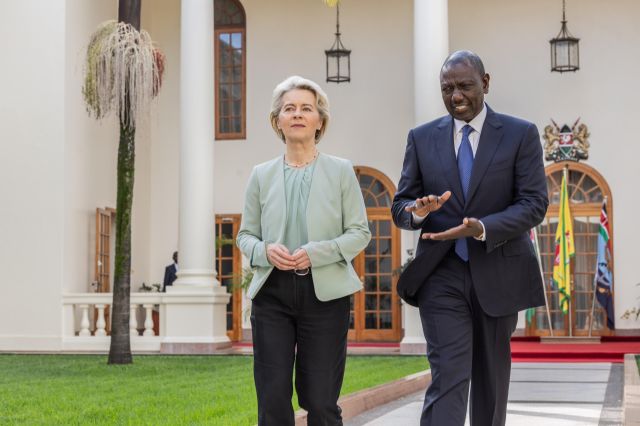
Another step towards the abolition of tax barriers and the implementation of bilateral agreements...
ENVIRONMENT
by redazione

The Arabuko-Sokoke forest, which extends between the hinterland of Malindi and that of Watamu and Kilifi, has been included in the...
COOPERATION
by redazione
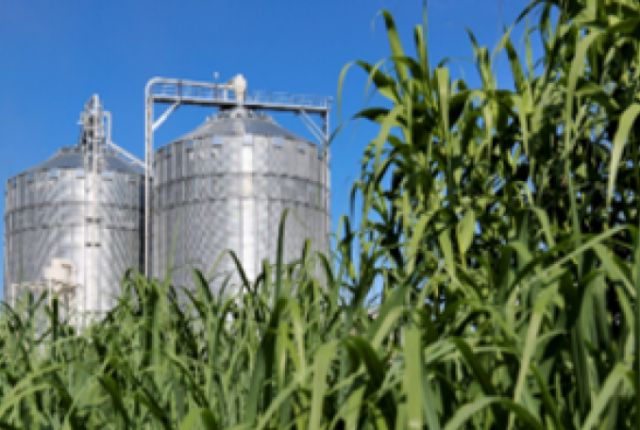
Aid to the sustainable biofuels supply chain in Kenya is increasingly speaking Italian, including opportunities in...
GREEN
by redazione
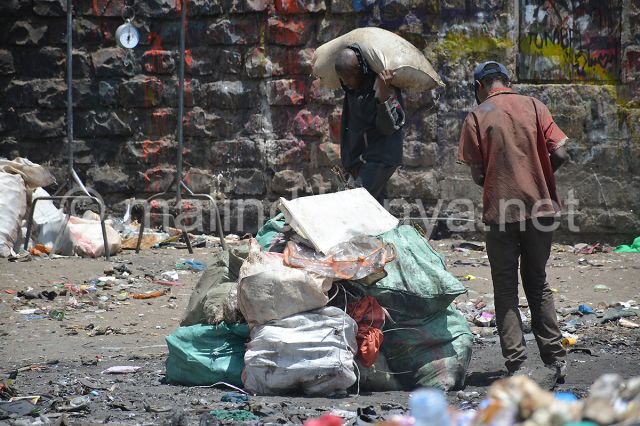
Another green breakthrough is expected in Kenya, seven years after the Kenyatta government banned...
by Leni Frau

As previously announced, Kenya is today pausing for a country-wide initiative concerning the...
ENVIRONMENT
by Leni Frau

The Malindi Green And Blue Movement, coordinated by the Progress Welfare Association of Malindi, has ...
AMBIENTE
by redazione

There is no Covid-19 emergency that holds (luckily), the battle for the protection of the...
EVENTS
by redazione

The "World Week of Italian Cuisine", an initiative of the Ministry of Foreign Affairs and International...
ENVIRONMENT
by Leni Frau

Responsible citizens of Malindi are once again taking care of their land.
The...
LATEST NEWS
by redazione

Due to the heavy rains that have been raging since tonight on Malindi and the Kenyan coast, the...
ECONOMICS
by Freddie del Curatolo
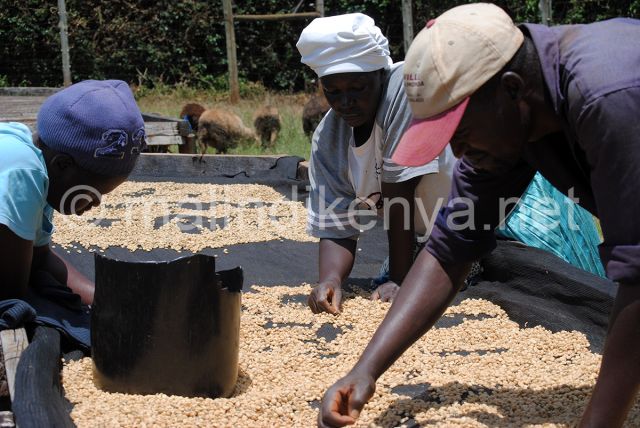
From now on, it will be possible from Kenya to export products to 27 European Union countries duty-free, to...
ENVIRONMENT
by Leni Frau

In World Environment Week, which is also being celebrated by the International Days of Meetings in Nairobi...
NEWS
by redazione

Even Watamu goes down in the streets to defend its beauty and public health, before...
ENVIRONMENT
by Freddie del Curatolo

Nairobi National Park, the only wildlife reserve within a global metropolis, celebrated 75 years...